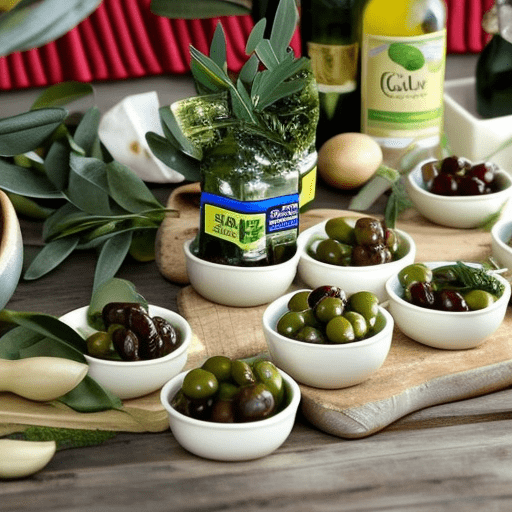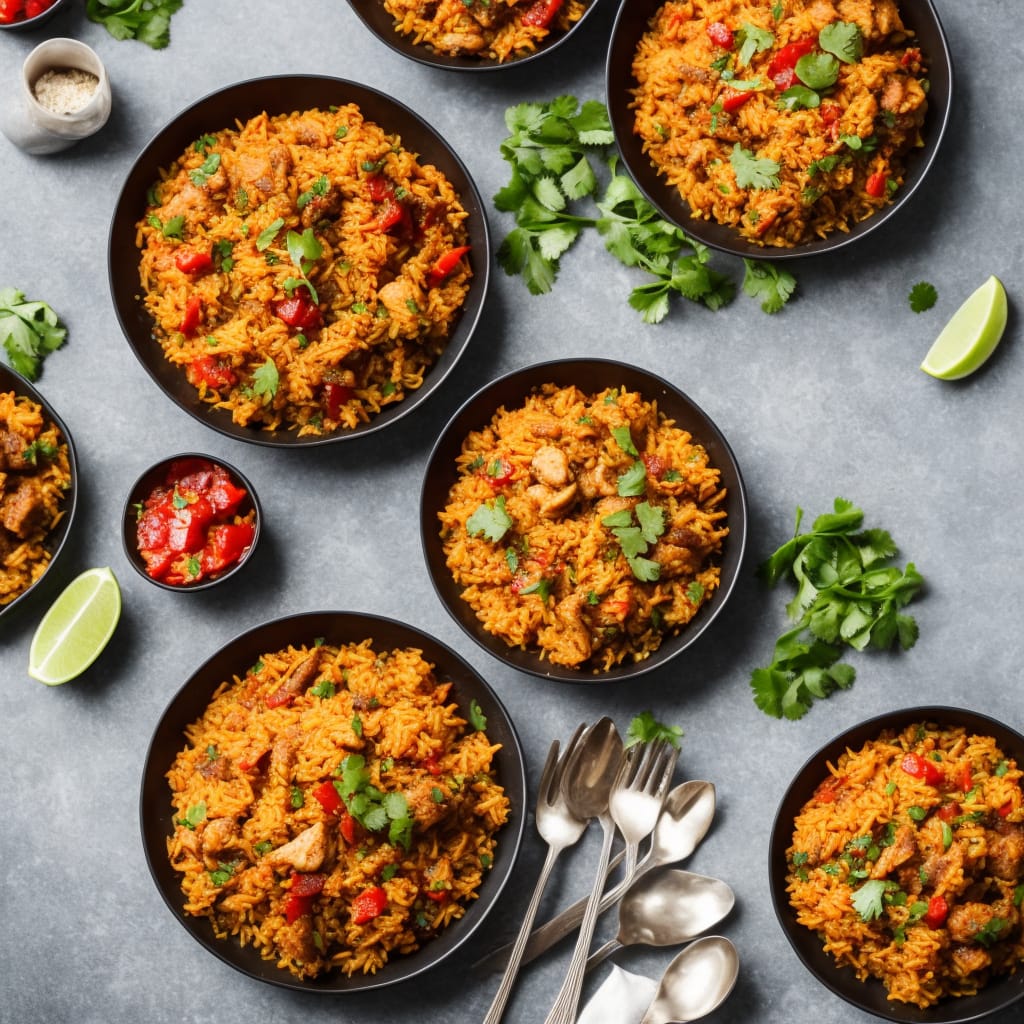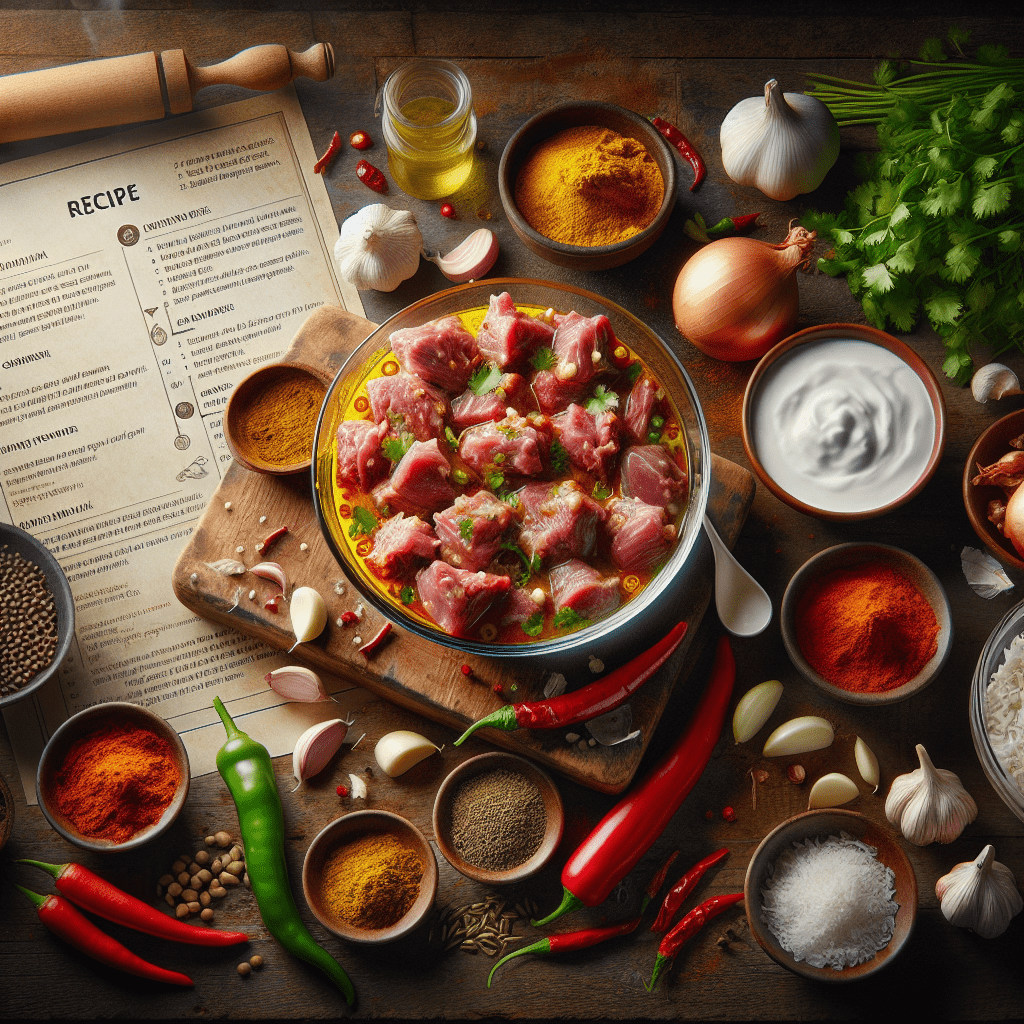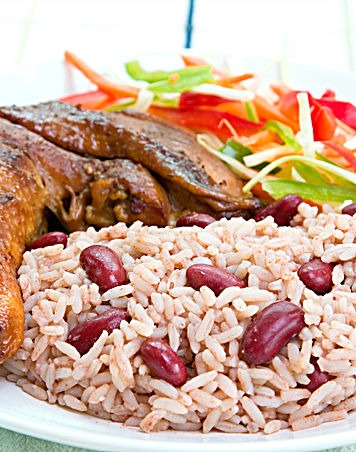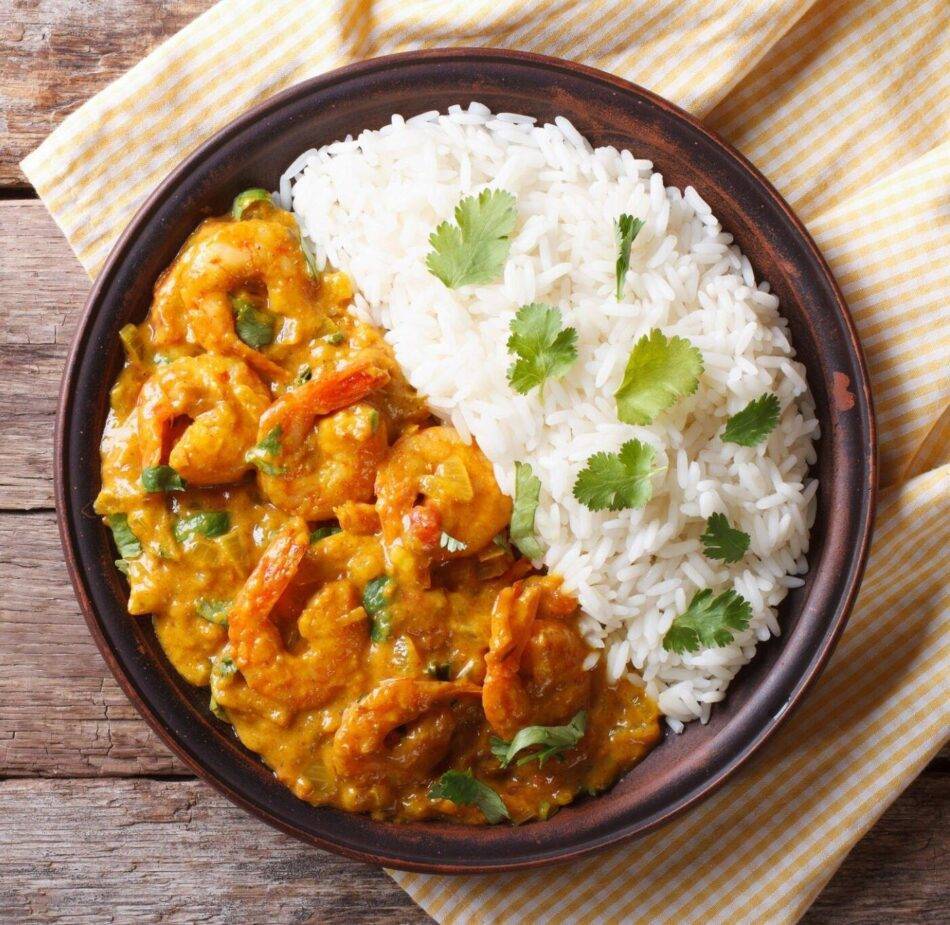A Nutritional Breakdown of Olive Oil and Palm Oil and their Impact on Health
Introduction to Olive Oil and Palm Oil
Olive oil and palm oil are two popular cooking oils that have been widely used in African cuisine for centuries. These oils not only add flavor to dishes but also provide various health benefits. In this article, we will explore the nutritional composition of olive oil and palm oil, delve into their individual health benefits, compare their nutritional profiles, discuss their cultural significance in African cuisine, examine sustainable sourcing practices, explore traditional African recipes that use these oils, and provide considerations for choosing between the two. By the end of this comprehensive guide, you will have a deeper understanding of olive oil and palm oil and how to incorporate them into a balanced diet.
Nutritional Composition of Olive Oil and Palm Oil
Olive oil is primarily composed of monounsaturated fats, which are considered heart-healthy fats. These fats help reduce bad cholesterol levels and lower the risk of heart disease. In addition to being a good source of healthy fats, olive oil also contains antioxidants, such as vitamin E, that protect the body against oxidative stress and inflammation.
On the other hand, palm oil is a tropical oil derived from the fruit of the oil palm tree. It is rich in saturated fats, which have been associated with an increased risk of heart disease. However, palm oil also contains beneficial components such as carotenoids, tocotrienols, and tocopherols, which have antioxidant properties and can help protect against free radicals.
Health Benefits of Olive Oil
Olive oil has long been recognized for its numerous health benefits. The monounsaturated fats found in olive oil have been linked to a reduced risk of heart disease and stroke. Additionally, the antioxidants in olive oil have anti-inflammatory properties that can help protect against chronic diseases, such as cancer and Alzheimer’s disease. Olive oil has also been shown to improve blood sugar control and aid in weight loss.
Health Benefits of Palm Oil
Although palm oil has been criticized for its high saturated fat content, it does offer some health benefits. The antioxidants present in palm oil, such as tocotrienols, have been found to have neuroprotective properties, potentially reducing the risk of neurodegenerative diseases like Parkinson’s and Alzheimer’s. Palm oil also contains a form of vitamin E called alpha-tocopherol, which is a potent antioxidant that supports immune function and protects against cell damage.
Comparing the Nutritional Profiles of Olive Oil and Palm Oil
When comparing the nutritional profiles of olive oil and palm oil, it is clear that olive oil comes out as the healthier option. Olive oil is higher in monounsaturated fats and lower in saturated fats compared to palm oil. The high levels of monounsaturated fats in olive oil make it a better choice for heart health, as it helps to lower bad cholesterol levels. Palm oil, on the other hand, is predominantly made up of saturated fats, which can raise bad cholesterol levels and increase the risk of cardiovascular disease.
Cultural Significance of Olive Oil and Palm Oil in African Cuisine
Olive oil and palm oil hold significant cultural importance in African cuisine. Olive oil is commonly used in North African countries such as Morocco and Tunisia, where it is a staple in dishes like tagines and couscous. In West Africa, palm oil is a fundamental ingredient in dishes like jollof rice and egusi soup. These oils not only provide flavor but also serve as a symbol of tradition and heritage, connecting generations through the shared experience of food.
Sustainable Sourcing of Olive Oil and Palm Oil in Africa
Sustainable sourcing of olive oil and palm oil is of utmost importance to protect the environment and support local communities. In recent years, there has been a growing movement towards sustainable palm oil production, with certifications like RSPO (Roundtable on Sustainable Palm Oil) ensuring responsible practices. Similarly, efforts are being made to promote sustainable olive oil production in Africa, focusing on organic farming methods and fair trade practices. By choosing products with sustainable certifications, consumers can contribute to the preservation of biodiversity and the well-being of local farmers.
Cooking with Olive Oil and Palm Oil: Traditional African Recipes
African cuisine offers a wide array of traditional recipes that showcase the versatility of olive oil and palm oil. From the rich flavors of North African stews to the spicy complexity of West African soups, these oils play a vital role in creating authentic African dishes. Some popular recipes include Moroccan chicken tagine with olives and preserved lemons, Nigerian jollof rice cooked with palm oil, and South African bobotie made with olive oil. By exploring these recipes and experimenting with different flavors, you can experience the true essence of African cuisine.
Choosing between Olive Oil and Palm Oil: Considerations for Health and Sustainability
When deciding between olive oil and palm oil, it is essential to consider both health and sustainability factors. If you prioritize heart health and reducing bad cholesterol levels, olive oil is the better choice due to its higher monounsaturated fat content. However, if you are looking for the unique flavors and cultural significance of palm oil in African cuisine, opt for sustainably sourced palm oil. Be mindful of portion sizes and moderation as both oils are calorie-dense and should be consumed as part of a balanced diet.
Incorporating Olive Oil and Palm Oil into a Balanced Diet
Incorporating olive oil and palm oil into a balanced diet can enhance the flavors of your meals while providing various health benefits. Olive oil, with its high content of monounsaturated fats and antioxidants, is an excellent choice for heart health and reducing inflammation. Palm oil, although higher in saturated fats, offers unique antioxidants and cultural significance in African cuisine. By choosing sustainably sourced oils and exploring traditional African recipes, you can enjoy the best of both worlds – flavor and nutrition.
Remember, whether you choose olive oil or palm oil, moderation is key. Enjoy the diverse flavors of African cuisine while maintaining a balanced and healthy lifestyle.
Visit Uncle B’s website for more information on African event catering and explore the rich culinary heritage of Africa.


